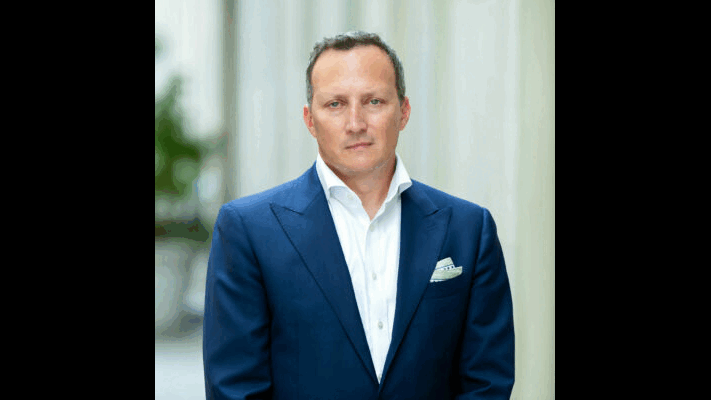David Becker is the executive director and founder of the nonpartisan, nonprofit Center for Election Innovation & Research, working with election officials of both parties, all around the country, to ensure elections are trustworthy. A key element of Becker’s work with CEIR is managing the Election Official Legal Defense Network, providing pro bono legal assistance to election officials who are threatened with frivolous criminal prosecution, harassment or physical violence.
Prior to founding CEIR, Becker was director of the elections program at the Pew Charitable Trusts. As the lead for Pew’s analysis and advocacy on elections issues, Becker spearheaded development of the Electronic Registration Information Center, or ERIC, which to date has helped the majority of states update tens of millions of out-of-date voter records, and helped those states easily and securely register new eligible voters.
Before joining Pew, Becker served for seven years as a senior trial attorney in the Voting Section of the Department of Justice’s Civil Rights Division, overseeing voting rights enforcement in several states, including California and Georgia, and served as lead counsel on major voting rights litigation, including Georgia v. Ashcroft, ultimately decided by the Supreme Court.
Becker serves as CBS’ election law expert, and his many appearances in the media include The New York Times, The Washington Post, CNN, MSNBC, “PBS NewsHour” and NPR, and he is frequently published on election issues.
He is the co-author, with CBS News Chief Washington Correspondent Major Garrett, of the book “ The Big Truth: Upholding Democracy in the Age of The Big Lie. ”
I had the wonderful opportunity to interview Becker for the CityBiz “Meet the Change Leaders” series. Watch to learn the full extent of his democracy reform work:
- YouTubewww.youtube.com
Nevins is co-publisher of The Fulcrum and co-founder and board chairman of the Bridge Alliance Education Fund.




















Trump & Hegseth gave Mark Kelly a huge 2028 gift